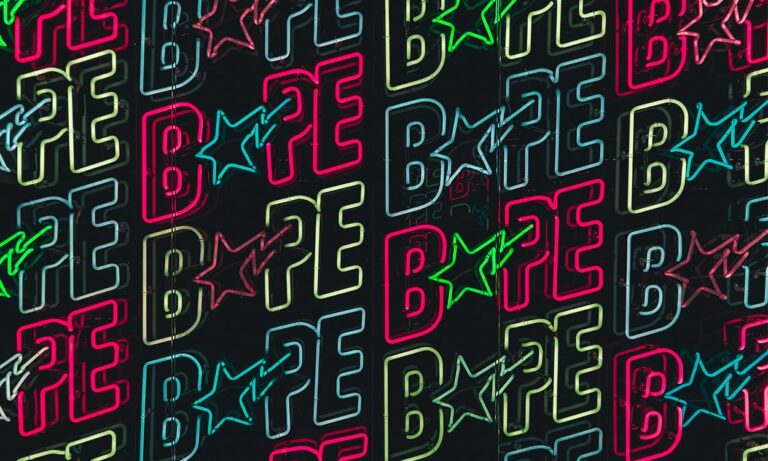20 years too late: Nike finally sues BAPE over trademark infringements
The long-standing understanding between Nike and A Bathing Ape (BAPE) has finally come to an end. What was once rumoured in streetwear circles to be a blind eye turned, Nike has now changed its tune, setting its sights on the Japanese label as its next target on its recent crusade against infringement, copies and dupes.
On Wednesday 25 January 2023, Reuters reported that a federal court lawsuit had been filed against BAPE for trademark infringement on Nike’s legendary silhouettes—the Nike Air Force 1, Air Jordan 1, and the Nike Dunk. It cited that “BAPE’s current footwear business revolves around copying Nike’s iconic designs.”
View this post on Instagram
For those who don’t follow the streetwear scene closely, BAPE was founded by renowned Teriyaki Boyz DJ, Nigo (who took over as Kenzo creative director in 2022).
The aforementioned is a longtime hip hop collaborator and close friend of Pharrell Williams, with whom he has partnered with on countless occasions. The Japanese label was launched in 1993 and rose to prominence in the following decade as over-the-top and boisterous streetwear began to rule the rap scene. Remember those Shark hoodies? You have Nigo to thank for that.
The multiskilled creative’s legendary BAPE STA debuted on the scene in the early 2000s and sought to capitalise on the popularity of the Nike Air Force 1. And capitalise it did. The shoe bears the same silhouette as Nike’s classic but has subtle differences like the use of patent leather, and BAPE’s own Star design replacing the Nike Swoosh.
Streetwear fans have long speculated as to why Nike never did anything about it sooner, but fashion YouTuber The Casual said on the topic that it simply came down to the fact that US patent law only protects utilities for 20 years. The AF1 first appeared in 1982, and the BAPE STA was available commercially from 2002. Paired with just enough changes to make the shoe different, BAPE has been able to get away with its loving copycat shoe for years.
So, why is the sports industry titan able to go after BAPE now? Nike claims that the company, now owned by Hong Kong retailer I.T Ltd, has “drastically increased the volume and scope of its infringement” since 2021, which up until that point saw sporadic releases.
In a surprising statement found in the lawsuit, what sneakerheads had long speculated over was confirmed, “BAPE’s copying is and has always been unacceptable to Nike and because BAPE’s infringements have recently grown to become a significant danger to Nike’s rights, Nike must act now.”
Wow... Nike just sued Bape 👀 Filed 1/25/2023 #nike #bape #lawsuit #TM #AF1 #AJ1 pic.twitter.com/44BW5twr1M
— Sneaker & Streetwear Legal Services℠ (@SneakerLegal) January 26, 2023
According to Nike, BAPE has “refused” to stop infringing on the multinational corporation’s trademark when asked, which is why it’s now facing legal action. The ultimate aim of the lawsuit is monetary gain for Nike and a subsequent termination of the famous Air Force 1-inspired shoe.
Users online have been speculating over whether or not the courts will rule in Nike’s favour on this, given that it’s let it slide somewhat over the years. Even if US patent law would have made it difficult to challenge, the option was still there for the multi-million dollar company.
This lawsuit is just another battle in Nike’s holy war against copycats, with MSCHF—the controversial art collective behind the Lil Nas X Nike ‘Satan shoe’ —being one of the most talked about targets. Sneaker reselling platform StockX was also met with a Nike lawsuit in 2022.
Nike is trying to secure its future by stopping anyone from stepping on its toes, or in this case—shoes. Is it worth the bad press it’s going to face for chasing after a cherished streetwear name like BAPE? We don’t think so. Thom Browne’s successes against Nike rival Adidas should be enough of a warning sign.





